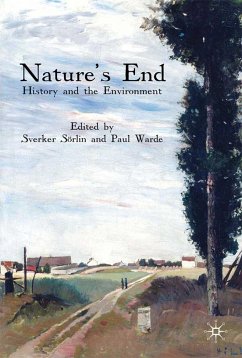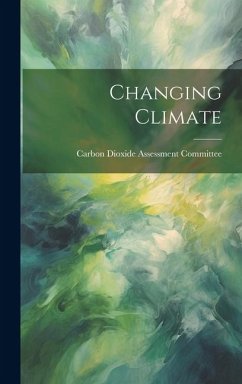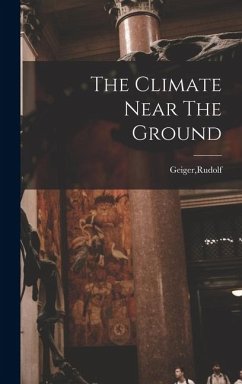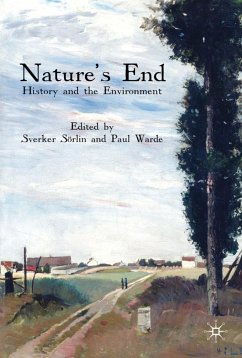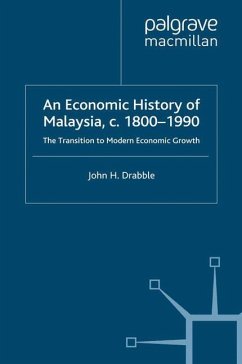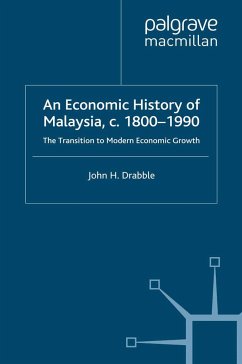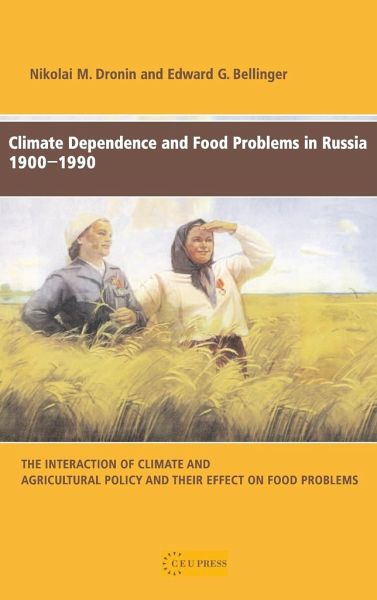
Climate Dependence and Food Problems in Russia, 1900-1990
The Interaction of Climate and Agricultural Policy and Their Effect on Food Problems
Herausgeber: Bellinger, Edward G
Versandkostenfrei!
Versandfertig in über 4 Wochen
124,99 €
inkl. MwSt.
Weitere Ausgaben:

PAYBACK Punkte
62 °P sammeln!
Between 1900 and 1990 there were several periods of grain and other food shortages in Russia and the former Soviet Union, some of which reached disaster proportions resulting in mass famine and death on an unprecedented scale.New stocks of information not previously accessible as well as traditional official and other sources have been used to explore the extent to which policy and vagaries in climate conspired to affect agricultural yields. Were the leaders' (Stalin, Krushchev, Brezhnev and Gorbachev) policies sound in theory but failed in practice because of unpredictable weather? How did th...
Between 1900 and 1990 there were several periods of grain and other food shortages in Russia and the former Soviet Union, some of which reached disaster proportions resulting in mass famine and death on an unprecedented scale.New stocks of information not previously accessible as well as traditional official and other sources have been used to explore the extent to which policy and vagaries in climate conspired to affect agricultural yields. Were the leaders' (Stalin, Krushchev, Brezhnev and Gorbachev) policies sound in theory but failed in practice because of unpredictable weather? How did the Soviet peasants react to these changes? What impact did Soviet agriculture have on the overall economy of the country? These are all questions that are taken into account.The book is arranged in chapters representing different time periods. In each the policy of the central government is discussed followed by the climate vagaries during that period. Crop yields are then analyzed in the light of policy and climate.



